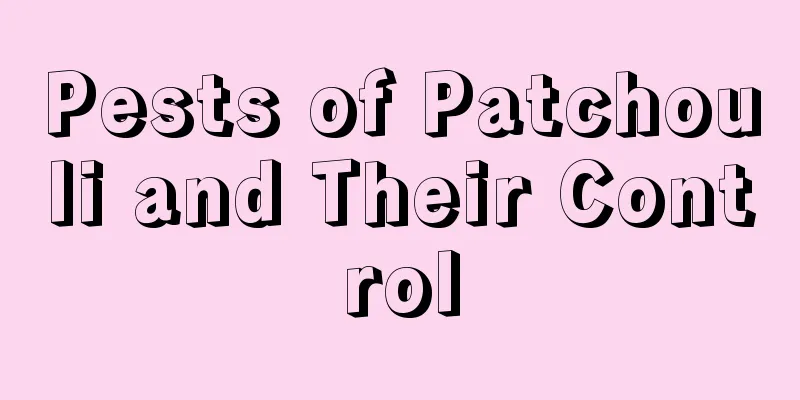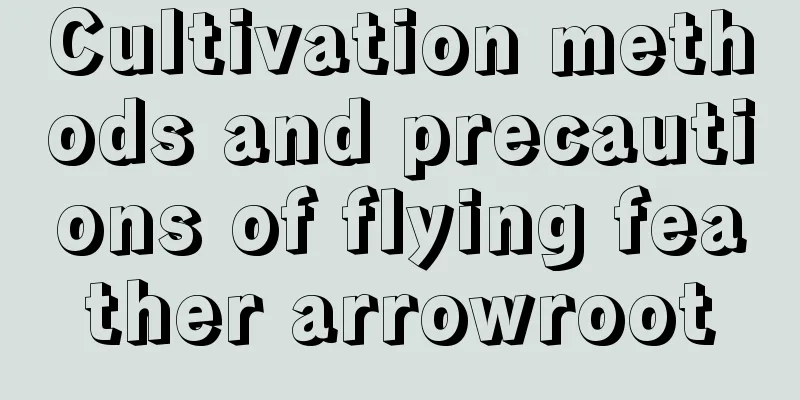Pests of Patchouli and Their Control

Pests of Patchouli and Their ControlaphidThe adults and larvae of aphids mainly cluster on tender shoots and leaves to cause damage, affecting plant growth and seriously affecting the germination of new buds and leaves. Prevention and control methods: You can spray 2000 times diluted 50% anthelmintic wettable powder, or 1500 times diluted 40% dimethoate emulsifiable concentrate for prevention and control. Be sure to stop using the drug about 15 days before harvest to avoid toxin residues. Red SpiderThe peak period of damage is during the high temperature period from June to August. Red spider mites will suck juice from the back of the leaves and rob the plant of nutrients. The specific symptoms are small yellow-white spots that initially appear on the affected parts, which then gradually expand into yellow-brown burnt spots, and finally the entire leaf will turn yellow and fall off. Prevention and control methods: You can spray 1500 times diluted insect mite like, or you can choose 3000 times diluted 1.8% avermectin for prevention and control. Silver mothThe larvae of the silver-striped leaf moth cause damage by biting leaves, leaving holes or notches on the leaf surface. The larvae usually lurk on the back of leaves during the day and feed on the leaf surface at night or on cloudy days. Prevention and control methods: Spray 300-350 times of 25% chlorpyrifos solution, or spray 1000 times of 90% crystal dichlorvos solution. Leaf folderThe larvae of leaf rollers will spin silk to roll up young shoots and leaves, and then chew the leaves to cause damage. Prevention and control methods: You can spray 300-400 times dilution of trichlorfon on the leaves for prevention and control, which can achieve good results. Cutworms, mole cricketsCutworms and mole crickets will bite off the rhizomes of Patchouli seedlings, resulting in a shortage of seedlings and affecting yield. Prevention and control methods: You can use 90% crystal dichlorvos as poison bait for trapping and killing, or you can apply 1000 times diluted 50% phoxim mixed with poisoned soil and apply it in strips. |
<<: Diseases and Pests of Juniper and Their Control
>>: Pests of Paulownia and Their Control
Recommend
Is Jade Dew poisonous? Can I grow it at home?
Is Jade Dew poisonous? Can I grow it at home? Flo...
How to grow the pennywort
Key points for cultivating the fragrant osmanthus...
How to care for boxwood in winter
Is boxwood afraid of freezing? Boxwood has a wide...
The best time to prune plum trees in winter (when is the best month to prune plum trees in 2 to 3 years)
Winter Pruning Time for Plum Trees Winter pruning...
How to care for money grass in winter
Is money grass afraid of cold? The suitable growt...
How to care for peony flowers
Soil requirements The requirements for peony pott...
Cultivation methods and precautions of succulent Yuanbao
The leaves of the succulent plant Yuanbao are sym...
When is the best time to plant lilacs?
When mentioning lilac , some friends may think of...
How to grow and water the fortune tree in summer
When summer arrives, plants, like humans, can fee...
Can tree bark be used to grow flowers? It’s absolutely amazing!
Pine bark Orchid lovers should be familiar with p...
Ten of the most drought-tolerant plants in winter
1. Syringa microphylla It is quite common and can...
Are tulips poisonous? Tulip pictures
1. Is it toxic? Tulips are very ornamental plants...
The flower language and meaning of Dripping Guanyin, what are the taboos of giving it as a gift?
1. Flower language and meaning of Dripping Guanyi...
What are the advantages and disadvantages of Kent Princess Rose? Is it worth buying?
Kent Princess is a popular hybrid variety of old ...
How to distinguish between Gaillardia and perennial Gaillardia?
one. Distinguish by appearance features Both Gail...









